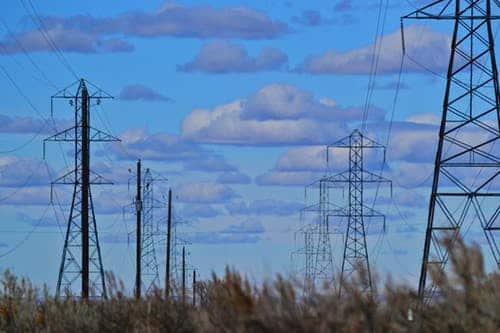California Launches Probe of Utility Power Shutoffs, Considers Sanctions Against PG&E

The California Public Utilities Commission opened an investigation to determine whether the state’s investor-owned utilities prioritized safety and followed the commission’s regulations during their proactive power shutoffs in late 2019 to avoid the risk of power lines starting wildfires, according to a Nov. 13 news release. The agency will review the impacts of these events to examine the need for changes to its de-energization rules and may open an enforcement phase to address non-compliance.
The commission noted that the proceeding may inform but will not duplicate the re-examination of current Public Safety Power Shut-off, or PSPS, guidelines and protocols underway in a separate rulemaking docket. The inquiry will assess the quality of the utilities’ internal coordination, situational awareness, external communication, and pre-planning and execution for the events. In May, the agency made enhancements to communication and notification guidelines for PSPS events, noting that proactive power outages must be a measure of last resort.
In September and October, the state’s investor-owned electric utilities, notably Pacific Gas and Electric Company, Southern California Edison, San Diego Gas & Electric, proactively de-energized power lines during high wildfire danger weather conditions.
In a separate decision issued on Nov. 12, the commission ordered PG&E to demonstrate why it should not be sanctioned for its PSPS events implemented throughout October. The company shutoff power across 35 counties on Oct. 9, impacting about 729,000 customer accounts. The outage lasted until Oct. 12 for an average duration of 45 hours.
EnerKnol Pulses like this one are powered by the EnerKnol Platform—the first comprehensive database for real-time energy policy tracking. Sign up for a free trial below for access to key regulatory data and deep industry insights across the energy spectrum.
ACCESS FREE TRIAL